In the world of global mobility, one of the most critical aspects of a successful relocation is home-finding and ensuring that the leased property is legally compliant, safe, and suitable for expatriates. For multinational companies and their relocating employees, renting from an unverified landlord can pose legal, financial, and reputational risks. At LARM, we uphold rigorous standards across Latin America to verify both landlords and properties, providing peace of mind for our clients. While no process is entirely risk-free, we work to minimize exposure through comprehensive verification and local expertise, empowering our clients to make informed, secure decisions.
While local practices and regulations differ, LARM follows a structured process with adaptable protocols to ensure each relocation is handled professionally and transparently. Below is an overview of our vetting standards and procedures across the region.

1. Confirming Property Ownership
The cornerstone of any secure leasing arrangement is verifying that the property truly belongs to the individual claiming ownership. In every country where we operate, our local teams confirm ownership through official documentation such as title deeds, notarized purchase contracts, or land registry records.
In Colombia, these documents are verified through the Oficina de Registro de Instrumentos Públicos. In Brazil, the Cartório de Registro de Imóveis maintains official records of ownership. Panama, the Dominican Republic, and Trinidad & Tobago have similar procedures to ensure property ownership is legally validated before lease negotiations begin.
Verifying property ownership is a non-negotiable step. It protects assignees from entering into unauthorized or fraudulent leasing agreements and gives companies confidence in their duty of care obligations.
2. Verifying Right to Let the Property
In addition to confirming ownership, it is essential to verify the landlord’s legal authority to lease the property. LARM ensures there are no legal restrictions or conflicts preventing the lease, and if the property is managed by someone other than the owner—such as a lawyer or family member—we require legal documentation like a power of attorney.

In México e Panamá, for instance, these legal validations are standard. In the República Dominicana, special attention is given to confirming that the person delivering the property is legally authorized to do so, which is essential to avoid future disputes.
3. Anti-Money Laundering (AML) Checks
Although AML requirements vary, LARM integrates preventative measures wherever possible to minimize client exposure to risk.
In Costa Rica, local banks conduct Know Your Customer (KYC) and AML screenings as part of the real estate transaction process—an essential measure supported by the Asociación Bancaria Costarricense. In Mexico, fiscal and legal background reviews often reveal red flags related to unpaid taxes or litigation.
In Venezuela, where geopolitical risks are elevated, LARM may request that landlords sign OFAC compliance declarations and affirm no political affiliations, particularly for U.S.-based clients who must comply with Treasury Department regulations. In Trinidad & Tobago, our protocol includes detailed ethical disclosures and, where relevant, compliance verifications.

4. Criminal Record Checks
Access to criminal background checks is limited by national privacy laws, but some countries offer partial or alternative forms of verification.
In Colombia and Costa Rica, local authorities allow public access to court records that reveal if a landlord has been involved in legal proceedings. In Trinidad & Tobago, vetting includes ethical declarations and, in some cases, reviews of criminal history if permissible.
In Brazil, Panama, and Venezuela, such checks are not typically part of the standard process unless specifically requested by the client. LARM always respects local data privacy laws while adapting its procedures to match client compliance requirements.
The LARM Advantage
LARM is uniquely positioned to bridge the gap between local market realities and global corporate expectations. Our vetting process helps ensure that the properties offered to our clients meet high standards of legality, transparency, and safety. Our network of on-the-ground mobility experts works closely with real estate professionals, legal advisors, and compliance officers to:
- Prevent fraud
- Promote client security
- Reduce risk exposure
- Deliver a seamless home-finding experience
While our processes are designed to mitigate risk and deliver secure relocation outcomes, it is important to acknowledge that no property leasing scenario is entirely without risk. Our role is to help you navigate these complexities with diligence, compliance, and care.
In Latin America, where property laws and practices differ greatly from country to country, a standardized vetting process is not just beneficial—it’s essential. At LARM, we understand these complexities and deliver tailored solutions that prioritize the safety, legality, and success of each relocation
To learn more about our home-finding services and how our regional expertise can strengthen your mobility program, contact us at info@larmgroup.com
Fontes:
- Asociación Bancaria Costarricense. Prevención de Lavado de Dinero en el Sistema Bancario Costarricense. Costa Rica, 2023. https://www.abc.fi.cr
- Cartório de Registro de Imóveis do Brasil. Registro de Imóveis do Brasil. Conselho Nacional de Justiça, 2024. https://www.registrodeimoveis.org.br
- Superintendencia de Notariado y Registro – Oficina de Registro de Instrumentos Públicos. Consulta de Propiedad Inmueble. Gobierno de Colombia, 2024. https://www.supernotariado.gov.co
- Registro Público de Panamá. Servicios Web – SIR. Gobierno de Panamá, 2024. https://www.rp.gob.pa
- Dirección Nacional de Registro de Títulos. Registro de Títulos. Gobierno de la República Dominicana, 2024. https://ri.gob.do
- Registrar General’s Department. Land Registry Services. Government of Trinidad and Tobago, 2024. https://agla.gov.tt/registrar-general/registrar-general-land-registry
- U.S. Department of the Treasury. Sanctions Programs and Country Information. Office of Foreign Assets Control, accessed July 25, 2025. https://ofac.treasury.gov/sanctions-programs-and-country-information?utm_source=chatgpt.com
- Banco de Venezuela. Prevención LC/FT/FPADM. Banco de Venezuela, S.A., accessed July 25, 2025. https://www.bancodevenezuela.com/index.html@p=6695.html
